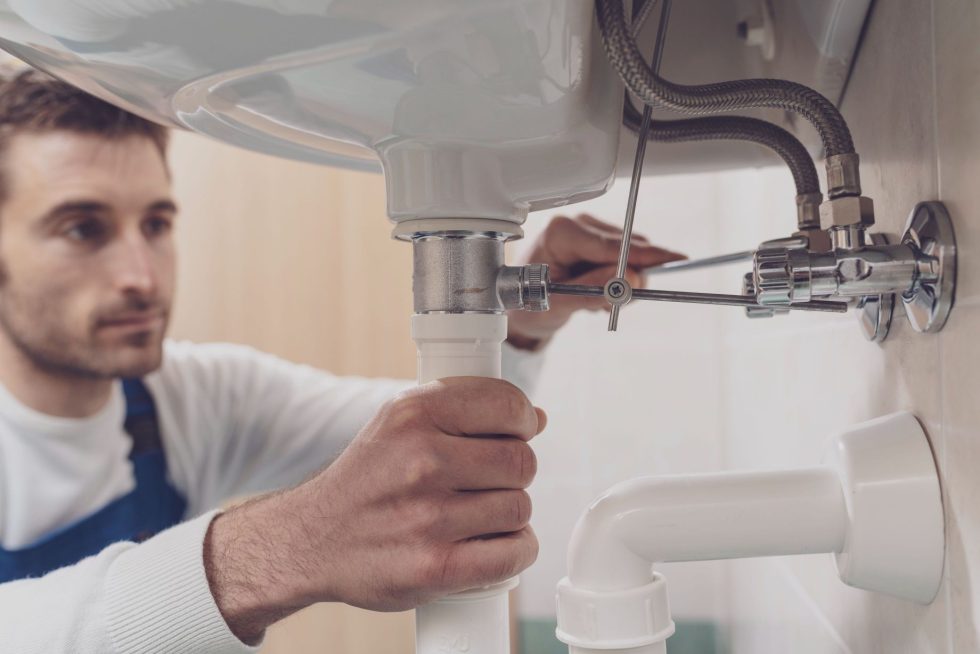When it comes to home care, pipe misconceptions can often cause unnecessary confusion and costly errors. From thinking that pouring oil down the basin is harmless to assuming every leaks are easy DIY repairs, a lot of householders are misled by myths that can lead to major water concerns. Grasping the facts behind these myths not only aids you safeguard your house while also guarantees you're taking informed choices about the time to address problems independently and the time to reach out to in the specialists.
In this piece, we will debunk a few of the most common water misconceptions, illuminating a range from emergency scenarios like a burst line to the right way to care for your hot water system. We will additionally look into the importance of engaging certified pipefitters, the most recent plumbing innovations, and methods to avoid frequent problems ahead of they escalate. With a more precise comprehension of water realities, you can conserve moments, funds, and stress while caring for your house's plumbing network successfully.
Frequent Plumbing Issues and Solutions
Property owners often face a variety of plumbing issues that can appear overwhelming but are usually controllable with the right approach. One of the most common issues is a dripping faucet. This not only wastes water but can also lead to increased water bills. To fix it, you can start by turning off the water supply, taking off the faucet handle, and changing the worn-out washer or O-ring. This simple repair can preserve both water and money.
Another recurring issue is blocked drains, which can be due to the buildup of detritus, grease, and hair. Proactive measures include using strainers to catch debris and avoiding pouring grease down the sink. If a clog occurs, a plunger or a plumbing snake can often remove it. For like this , a mixture of baking soda and vinegar may help break down the blockage naturally without resorting to strong chemicals.
Finally, many householders face problems with water heaters, such as not enough hot water or leaks. Regular maintenance is essential to avoiding these problems. Flushing the tank every year removes sediment buildup and increases the life of the heater. If https://anotepad.com/notes/fa3wkem3 see inconsistent temperatures or signs of leakage, it might be time to call a licensed plumber to assess the situation and make sure your hot water system is functioning safely and efficiently.
Pipe Care Tips
Consistent maintenance is crucial to averting common pipe problems and guaranteeing your system operates efficiently. Begin by checking for any indications of drips around taps and pipes. Just a tiny leak can result in increased water bills and substantial damage over time. Additionally, regularly examine your water heater for any indications of corrosion or sediment buildup, as this can affect its efficiency and lifespan.
To prevent clogged drains, use sink covers to trap hair and debris. Refrain from flushing anything except for human waste and toilet paper down the latrine. Be mindful of dispose of in the sink, especially fat and food scraps, as these can collect and result in clogs. Occasionally flushing your drains with a mixture of baking soda and vinegar can assist keep them clear.
Ultimately, seasonal maintenance should not be ignored. In winter, ensure your pipes are insulated to stop freezing, and in the spring, check for any leaks that may have occurred over the winter months. Keeping up with maintenance not only aids you prevent costly repairs but also makes certain that your plumbing system remains reliable throughout the year.
Urgent Pipe Situations
When confronted with a pipe emergency, prompt action is essential to prevent further damage to your home. Common scenarios that require immediate attention include broken pipes, flooding toilets, and major leaks. Identifying the source of the problem quickly can help you determine whether to handle it on your own or call a licensed plumber. Knowing how to shut off your water supply in an emergency can also minimize the effects of water loss.
In cases like a pipe burst, it is important to act swiftly. Initially, shut off the main water supply to your home to stop the flow of water. Next, remove any items that may be damaged by the water, and if possible, begin to clean up the area to reduce the chance of mold or further complications. If the destruction is extensive, do not hesitate to reach out to a professional plumber who can evaluate and resolve the issue efficiently.

In conclusion, being prepared for plumbing emergencies means understanding what assistance are available and when to contact a professional. While some minor issues can be tackled independently using DIY techniques, more serious problems, particularly those requiring specific tools and expertise, are best left to licensed plumbers. Their training and expertise not only assist to fix the problem but also guarantee it won't recur in the long run.
